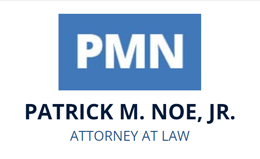Why spying on your spouse during a New York divorce is a bad idea
Technology often plays a part in modern divorces — but there are limits to how it should be used if you don’t want to get yourself in trouble.
According to statistics, Facebook posts end up being used as evidence in 66% of all divorces. Knowing something like that, it’s easy to understand why someone might be tempted to dig a little deeper into their spouse’s private business during a divorce, using whatever electronic means necessary.
And that’s where it’s all-too-easy to cross legal lines. Sure, the technology exists to make it possible for you to break into your spouse’s phone and monitor their calls and texts. You can also find programs that will let you remotely view every keystroke your spouse makes on their computer. A GPS system hidden in your spouse’s car can tell you where they go. While all that might be helpful if you’re trying to dig up something you can use to prove your spouse is hiding assets or use in a custody battle, it’s still an incredibly bad idea.
What you can find online through a Google search or while viewing someone’s public social media profile is generally “fair game” because it’s considered public information. More technologically invasive actions, however, could easily violate the federal Electronic Communications Privacy Act of 1986. For example, it’s illegal to break into your spouse’s email account and read their private correspondence or install software that captures their keystrokes without their permission.
You could also be violating state laws. For example, if you find a way to eavesdrop on and record your spouse’s private conversation with a friend, you would definitely be violating New York’s “one-party consent” wiretapping laws.
Generally speaking, no matter how badly you want to find evidence that will support your position in a divorce, don’t go the technological route without a careful conversation with your attorney first to make sure you aren’t about to do something illegal.

